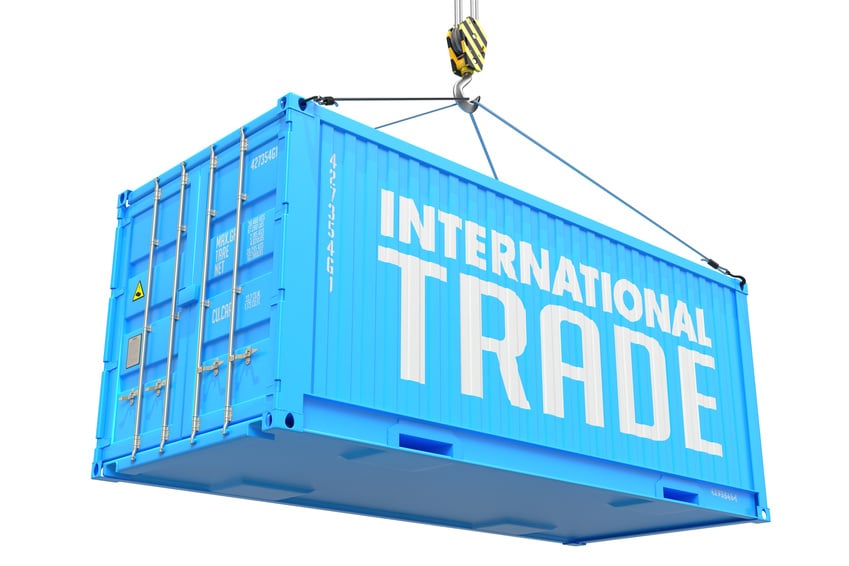On 10 April 2019, the Monetary Authority of Singapore (MAS) issued a consultation paper on the Proposed Payment Services Regulations (Consultation Paper).1 You may read our previous alerts on the features of the version of the Payment Services Bill released for public consultation, and the subsequent updating notes describing the…
This update focuses on the amendments that have since found their way into the Cybersecurity Act as passed by Parliament.
The Personal Data Protection Commission has recently introduced and updated its advisory guidelines to help companies better protect personal data in compliance with the Personal Data Protection Act.
Since the Personal Data Protection Act came into force on 2 July 2014, the Personal Data Protection Commission has published a number of enforcement decisions taken against 22 organisations for breaching various obligations under the Act.
Trade between Singapore and Australia is strong as the value of two-way goods trade was AUD 16.2 billion in 2015. Both countries took steps to make it even stronger when they completed the 3rd review and signed updates to the Singapore-Australia Free Trade Agreement on 13 October 2016.
A new Strategic Goods (Control) Order 2015 (“SGCO 2015”) will replace the current SGCO 2013 with effect from 2 November 2015. According to Singapore Customs, the SGCO 2015 brings Singapore’s strategic goods control list up to date with the 2014 Wassenaar Arrangement Munitions List and the 2014 European Union’s List of Dual-Use Items.





